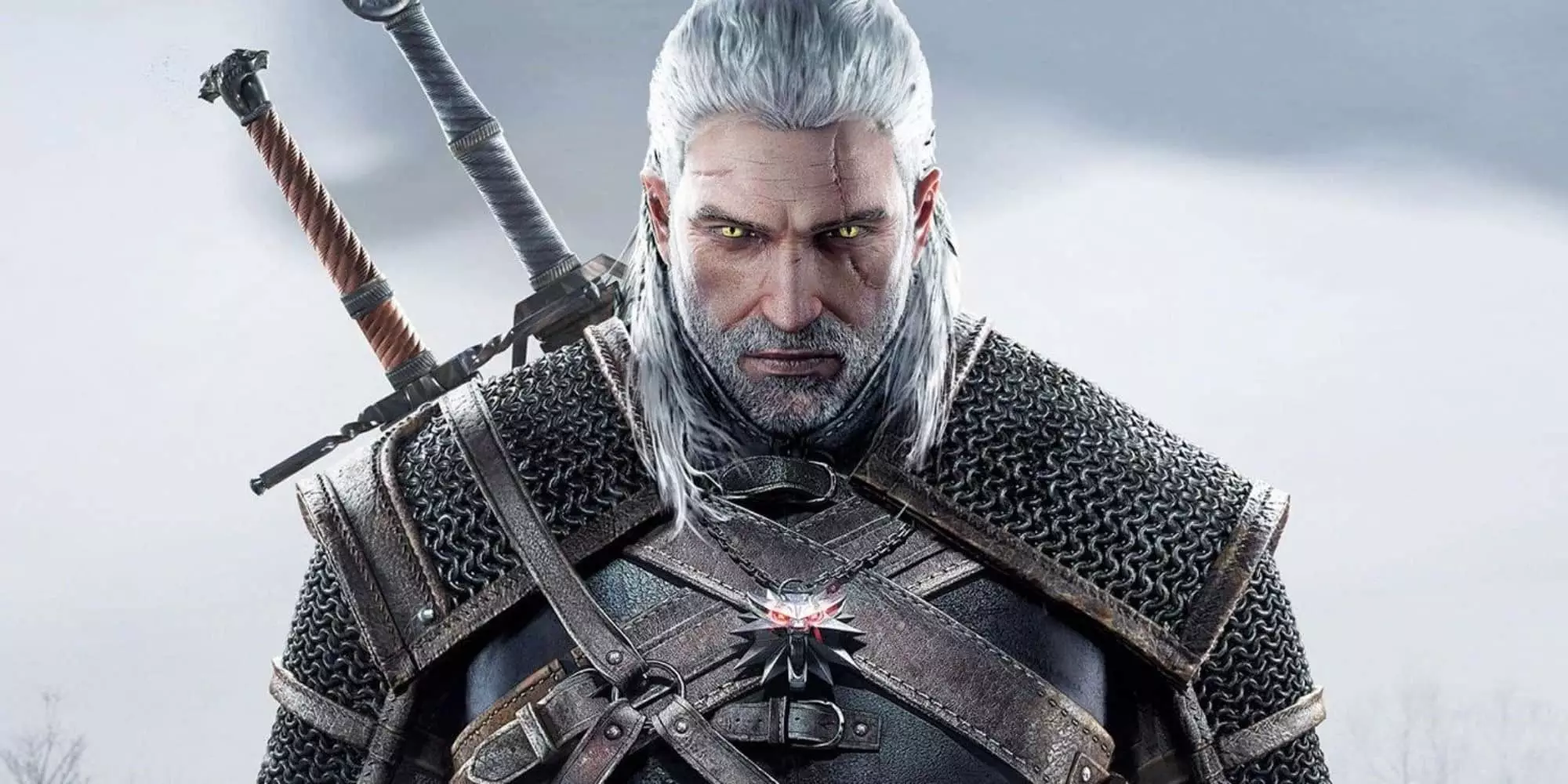CD Projekt Red, the renowned Polish game developer, has initiated the full-scale production phase of its much-anticipated project, known as The Witcher 4 or Project Polaris. According to the company’s joint CEO, Michał Nowakowski, approximately 400 developers are now dedicated to bringing this new addition to the beloved franchise to life, which represents a significant portion—about two-thirds—of the total development workforce. This marks a critical milestone for CD Projekt, transitioning from preproduction, which is often more exploratory, to the intense and demanding phase of full-scale production where the bulk of game development happens.
The announcement comes amidst an optimistic outlook for the project, with Nowakowski expressing pride in the team’s achievements so far. However, while the numbers are impressive, it’s essential to consider the challenges that lie ahead, especially given the mixed reception of CD Projekt’s previous title, Cyberpunk 2077. The transition to full-scale production is not just about numbers; it is about maintaining quality and addressing the lessons learned from past releases.
Notably, The Witcher 4 appears set to take a fresh direction by shifting the spotlight away from the franchise’s iconic protagonist, Geralt of Rivia. Instead, fans may find themselves following a new lead character, rumored to be Ciri, Geralt’s adopted daughter. This narrative choice is intriguing and could breathe new life into the series, refreshing its dynamics and allowing for new storytelling avenues to be explored. Nevertheless, this shift also invites skepticism. Will fans embrace this new protagonist, or will they long for the familiarity of Geralt?
Geralt’s reduced role, albeit with the return of voice actor Doug Cockle, may leave some loyal fans yearning for more involvement from the character. The studio has a formidable task ahead: to create a compelling narrative that honors the legacy of Geralt while successfully introducing new characters that resonate with players. Balancing this transition is critical for the game’s acceptance.
The company’s recent financial presentation also revealed encouraging news regarding Cyberpunk 2077, which has sold a total of 30 million copies, showcasing a resilient performance following its tumultuous launch. Phantom Liberty, the expansion, alone accounted for 8 million of those sales, suggesting that interest in the Cyberpunk universe remains robust. This commercial success may instill confidence in CD Projekt as it expands its repertoire with Project Polaris and other project developments, including new games from its smaller teams focused on spin-offs and new intellectual properties.
As CD Projekt gears up for the future, the company aims to diversify its offerings. While the focus is undoubtedly on The Witcher 4, the mention of other ongoing projects demonstrates the studio’s ambition to deliver an expansive gaming portfolio. However, fans should brace for a potentially lengthy wait, as substantial development work still lies ahead for all the projects in the pipeline.
CD Projekt’s Project Polaris signifies a bold new chapter in The Witcher franchise. With a promising transition to full-scale production and an intriguing narrative shift, expectations are high. Nevertheless, successful execution in achieving these ambitious aims hinges on the lessons learned from past endeavors, particularly the demanding scrutiny following Cyberpunk 2077. Only time will tell if they can meet these expectations, and fans will be eagerly watching as more information surfaces in the coming years.


Leave a Reply